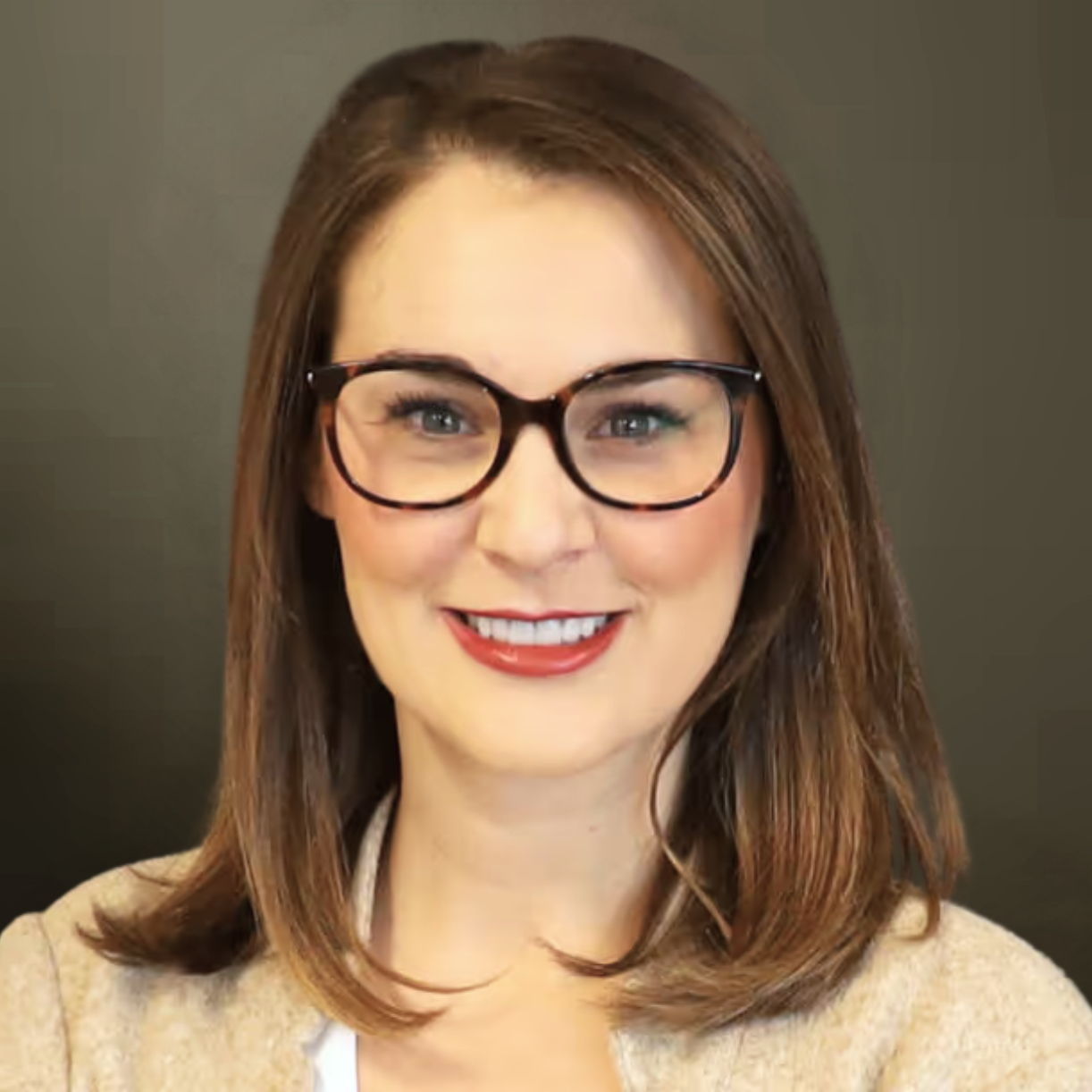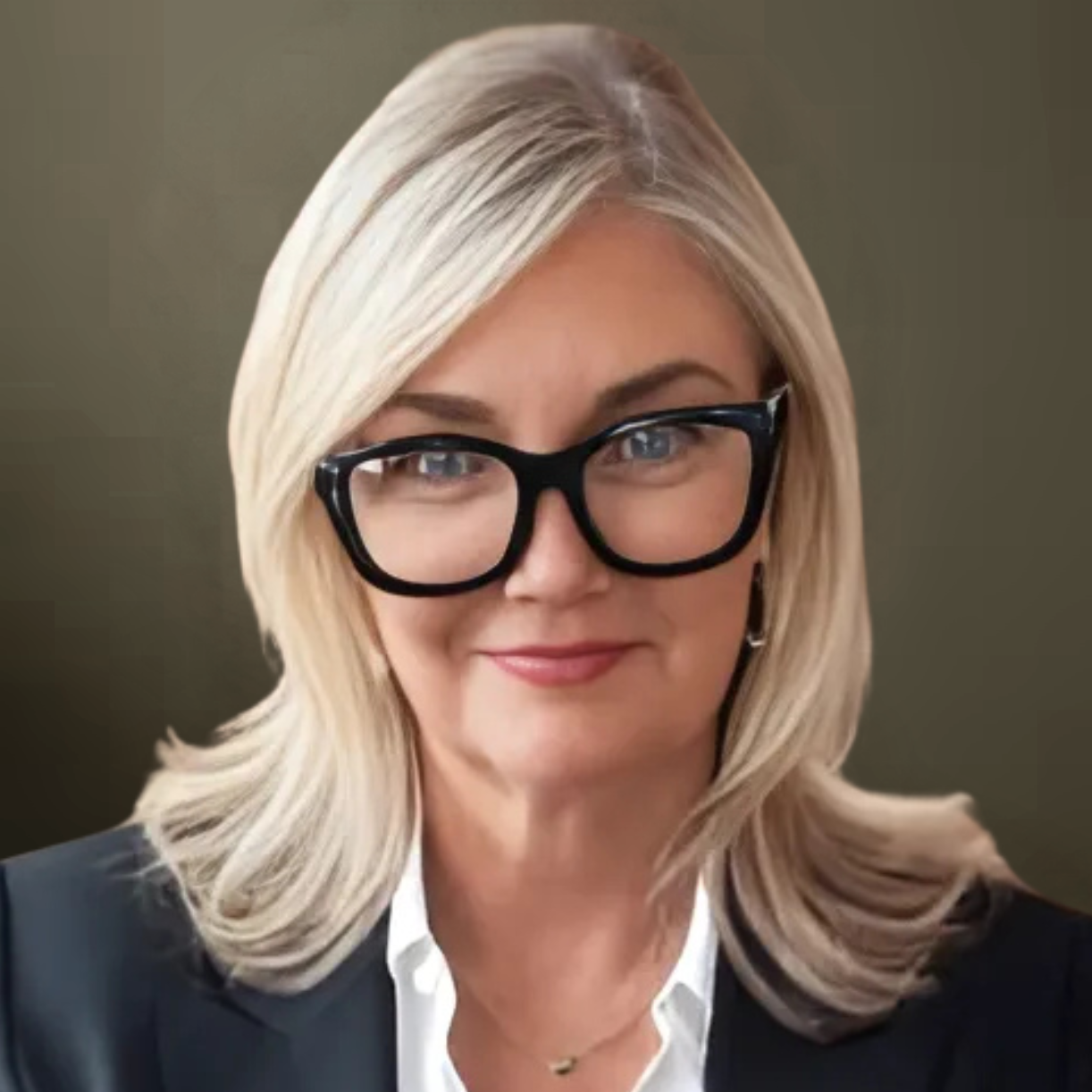
Our Journey to Space
In 2018, we launched "Denali," the United States’ first commercial SAR satellite, marking a significant step toward creating a constellation capable of 24/7 all-weather monitoring of our planet.
By 2020, we launched "Sequoia," demonstrating that we could produce the highest quality commercial SAR imagery in a fraction of the time and cost compared to traditional providers.
As the commercial space industry and advancements in cloud computing sparked a smallsat revolution, Capella recognized the potential to harness this wealth of information in innovative ways. While many companies relied on optical satellites, which are often blocked by clouds and nighttime conditions, we saw a unique opportunity to commercialize SAR for truly reliable and persistent monitoring.
Founded in 2016, our mission is to enable a richer understanding of our planet through the power of SAR technology. We do this by illuminating the 75% of Earth that is either shrouded in darkness or obscured by clouds at any point in time.
Today, our team is committed to building the next generation of SAR sensors, enhancing our constellation to improve decisions related to commerce, conservation, and security on Earth. We are focused on:

“Capella’s vision and technology offered very early insight into the potential of the commercial market to serve our partner needs. Capella’s satellites have been tasked many thousands of times, providing crucial, real-time access to what is happening on the ground.”
Our Founding Vision
Capella was founded as the first U.S. company to commercialize SAR technology. After completing a Stanford program aimed at solving national security challenges with Silicon Valley innovation, a vision for real-time all-weather observation was born. The company raised $3M in seed funding to realize this mission.
Designing the First U.S. SAR Satellite
Capella set out to develop its initial proof of concept using miniaturized satellite components to develop high resolution SAR at a fraction of traditional spacecraft size, weight and cost. Capella designed its 48kg test satellite, “Denali”, manufactured for initial data sampling. The company raised $12M in A Round funding.
Our First Launch
Capella developed both airborne and spaceborne prototypes to revolutionize Synthetic Aperture Radar. On December 3, 2018, Denali was launched on a SpaceX Falcon 9 rideshare mission, accelerating research and development for future Capella satellites.

Global Expansion
Capella raised $80 million in funding. With this capital, Capella created its business team to gather customer requirements and feedback for innovative new SAR imagery solutions and services. Feedback was incorporated to scale U.S. and global markets for Defense and Intelligence, Maritime Domain Awareness, and Disaster Response.
The First Commercial U.S. SAR Satellite
Capella successfully launched the first operational U.S. SAR satellite, Capella-2, producing the world’s highest resolution commercial SAR. Capella partners with AWS and Inmarsat to rapidly increase tasking and downlinking speeds.

Building a Constellation
The company scaled up its operations with 40,000 square feet of manufacturing space to develop a constellation of world-class SAR satellites. Capella planned to launch several satellites in 2021 and beyond. In January, Capella officially launched its commercial operations, delivering the world-class SAR needed for reliable information and better decision-making.
Accelerating Growth
Capella closed an additional $97 million in Series C financing to expand its offerings and constellation capabilities. The company was also awarded a Commercial Radar Contract by the National Reconnaissance Office (NRO) to provide SAR data modeling and simulation, as well as sample imagery delivery.
Scaling to Meet Customer Demand
Capella expanded enhanced services to the U.S. government and was awarded a Bulk Purchase Agreement by NASA.
We also introduced the first-of-its-kind Analytics Partner Program to meet the increasing global demand for SAR-derived insights and enable partners to develop AI-powered geospatial solutions for a wide range of industry verticals.
New Partnerships, More Satellites
Capella expanded its existing constellation with 3 new third-gen Acadia satellites: wholly designed, assembled and operated by the company. The company also introduced 4 new Certified Analytics Partners and launched Capella Vessel Classification in partnership with EMSI. Capella won a $15 million contract and partnership with the US Air Force to accelerate new SAR imaging capabilities and joined the Space ISAC as a founding member to coordinate cross-industry efforts to protect critical assets in space.
Enhanced Security
As part of our commitment to protecting customer data and supporting national security, Capella achieved Cybersecurity Maturity Model Certification (CMMC) Level 2 and obtained a Facility Clearance Level (FCL) in early 2025. These milestones mark a significant step in our ability to support U.S. government missions.
With CMMC Level 2, Capella is authorized to handle Controlled Unclassified Information (CUI), reinforcing our cybersecurity maturity. Our Facility Clearance Level (FCL) enables participation in classified programs and bids requiring Top Secret access, expanding our role as a trusted government partner.



.avif)
.avif)























.png)
















